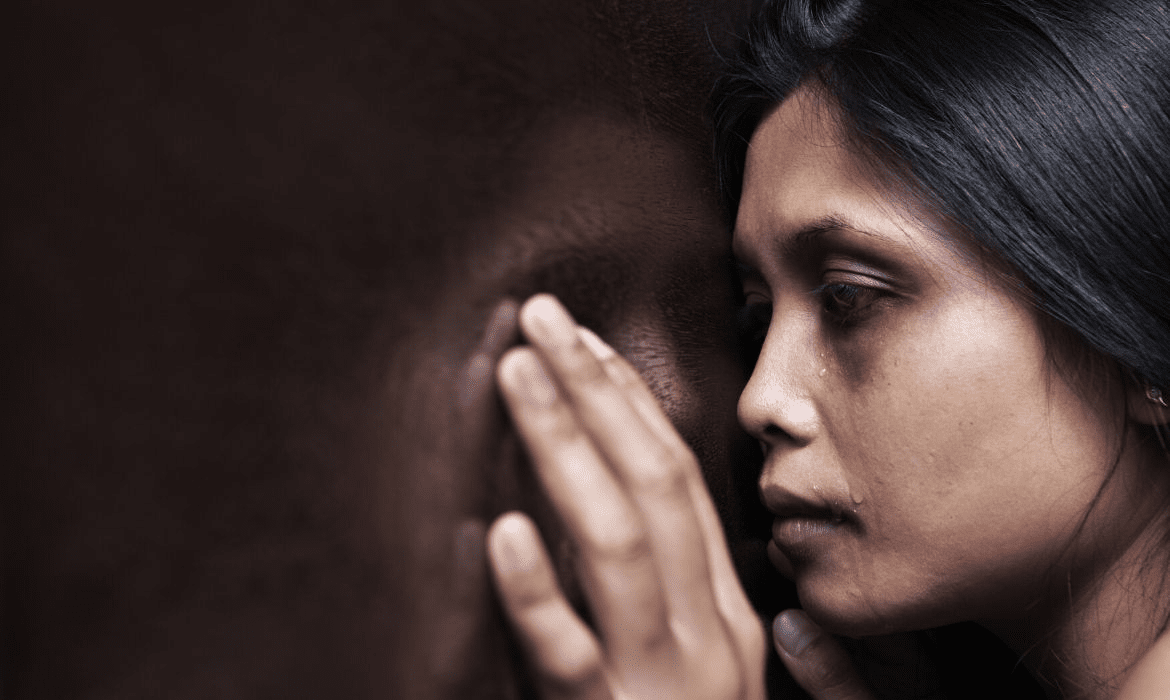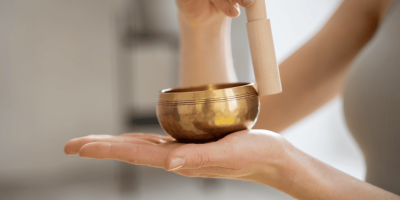
- Are you in an abusive relationship?
- Do you feel scared and trapped and wish you had a way out?
- You are not alone. Here is what you should do to protect yourself and your loved ones from an abusive partner.
When did it all start?
Do you remember?
Now that you are thinking about it, some alarm bells must have rung at the time, but your abuser must have shone so brightly it appeared almost ridiculous to leave. It must have been in the way they smiled, or maybe how they made you feel. Perhaps they exuded an aura as radiant as the sun, and you could not help but stare in awe.
Like a moth to a flame, so were you to their gimmicks.
But in subtle ways, you started noticing disparities in their behaviour. Maybe you realised their smile didn’t quite reach their eyes anymore, and their tone harsher and cynical. What may have started as a shove became bruises you desperately tried to hide under layers of foundation. Slowly, you lost yourself to their deceptive words and became a victim of their manipulations, and before long, you found yourself questioning the very basis of your identity.
And at some point, you may have even blamed yourself and thought, if I act the way they want me to, maybe things will go back to normal.
But they didn’t. Instead, you were left wondering if you would add to the tally of domestic barbarity. Will I be part of a never-ending statistic?
Now, before we go on, I will have you know that you are not to blame. You are not the abuse you faced, you were never to blame for their despicable actions, and the shame you feel was never yours to carry.
Leaving is hard, and no one really realises that. When you have been beaten down physically, psychologically and financially by someone who was supposed to protect, cherish and love you, nothing is ever as easy as it sounds. However, you are not alone. As you deal with the confusion, guilt and self-blame, remember that you matter much more than you think.
As you decide whether to leave or not, bear in mind that;
- Your abusive partner will not change. Not to say that change is impossible, but it is not quick or easy. Your abuser has deep emotional and psychological problems that need a professional, self-reflection and time. Until they take responsibility for their actions and stop blaming you for every minor inconvenience in their life, they are not ready for change.
- You are not ‘helping’ them when you stay. You may think that you are the only person who understands them, that they need you and that it is your responsibility to fix them, but it is not. When you stay to ‘help’, you only perpetuate the problem by accepting repetitive abuse. I know this might be a hard pill to swallow, but they do not need you, at least not for the reasons you hope for. To help yourself and the people you hold dear, leave.
- Though they promised, they will not stop. Perhaps you are thinking of a time when you threatened to leave and vowed to change. They may have begged, cried and even assured you of your relevance in their life, and while they might have meant it at the time, change can only happen if they are willing. What they want from you is complete control, and their fear of losing may have fuelled their actions. This will be a tale as old as time because soon, they will go back to their old habits.
- They might be going for counselling, but that does not guarantee anything. Even if your partner is actively attending counselling sessions, they might still continue to be controlling, abusive and violent. Do not base your decisions on the person they could be, but rather on the person they are now.
- You might worry about the future. One of the reasons you might be tempted to stay is that you are worried about life after leaving. What happens to your children, who will pay bills, who will support you and what will the world say? The truth is, life is a constant gamble; there is no knowing what the future holds. But I promise you that your loved ones want you happier, healthier, and above all, alive.
In case you are not sure and still need a nudge, here are signs your partner is not changing even when they say that they are;
- They downplay the abuse and how serious it was.
- They continue to blame you and others for their actions
- They accuse you of being the abusive one
- They pressure you to go to a couple’s counselling.
- They tell you they deserve a second chance
- You have to push them to go for treatment
- They tell you that unless you stay and support them, they will not change
- They try to get sympathy from you, your children, friends or families
- In exchange for getting help, they demand something in return
- They pressure you into making decisions involving your relationship
So, whether or not you plan on leaving, here is what you can do to protect yourself. These safety precautions could mean the difference between getting seriously wounded or killed and surviving. It is important that;
- You know your partner’s red flags. What are the signs or clues to look out for before they get angry? Is it possible for you to leave the house just before they explode in anger or violence?
- You establish safe zones in the house. The moment you sense trouble brewing, it is crucial that you move yourself to a place where you feel protected. Avoid small spaces without exits and instead opt for rooms with a phone and a window or door.
- You come up with a code that your close ones know. It can be a word, phrase or signal that you can use to let your children, family members, neighbours or co-workers know that you are in danger and they need to call the police.
Should you decide to leave, you need to make sure that;
- Everything is ready at any given point. You should be prepared to leave at a moment’s notice, which means keeping your car fuelled up, facing the driveway, and the driver’s door unlocked. Hide a spare car key in a place where you can quickly get access. Have emergency cash, clothes and essential documents in a safe space, for example, your friend’s house.
- You have practised your escape plan well. By practising, you will know what to do and when, and if you have children, you should make sure they are fully aware of the plan.
If you feel you are not ready and, for whatever reasons best known to you, feel that staying is the best alternative, here is what you should do to help improve the situation at home.
- Contact a domestic violence or sexual assault group in your area. They will provide you with services like emotional support, peer counselling, safe emergency housing and information that will help alleviate your current situation.
- Build a strong support system as your abuser will allow. That means getting involved as much as possible with the community around you. That could be through religious activities, playtime activities with the kids, and even establishing relationships with the people at the grocery store.
- Be kind to yourself. There are times when life will get even more painful than it is, and you might end up second-guessing your decisions but always remember that you are doing the best that you can, and that is more than enough. If you struggle to develop a positive image of yourself, try repeating daily affirmations to your reflection in the mirror. Counter all the negative comments you have received from your abuser with positive ones, for example; I am worthy, I am loved, and I am enough. Do check our story to learn the different types of meditation and how they can help you.
Journey of a thousand miles
You are scared, and for a good reason too. No one deserves to go through the abusive pain you have suffered, much less in the hands of a loved one. No one deserves to live in fear of the future or feel trapped by their circumstances because of someone’s irresponsible actions. You might not be in a conducive environment for growth and healing, but that should never be used as a factor to determine your identity.
You are so much more than the scars you bear and even greater than the person your abuser perceives you to be. As you go through this very rough path, remember that there are several people who are cheering and rooting for you along the way. You are not alone.
Should you find yourself in need of help or assistance regarding domestic violence; please call:
Women’s Aid Organisation helplines:
03 7956 3488 or SMS/WhatsApp TINA at 018 988 8058
AWAM women’s Helpline:
03 7877 0224
Abuse helplines:
(60) 03 7960 3030 / 7956 3488
Women’s Aid Organisation
WAO Hotline
Mon to Sat: 9am-5pm
Extended hours on Tues,
Wed & Fri: 7-10pm
+603 7956 3488
SMS/WhatsApp
TINA 24 hours +6018 988 8058
Email address
womensaidorg@gmail.com









